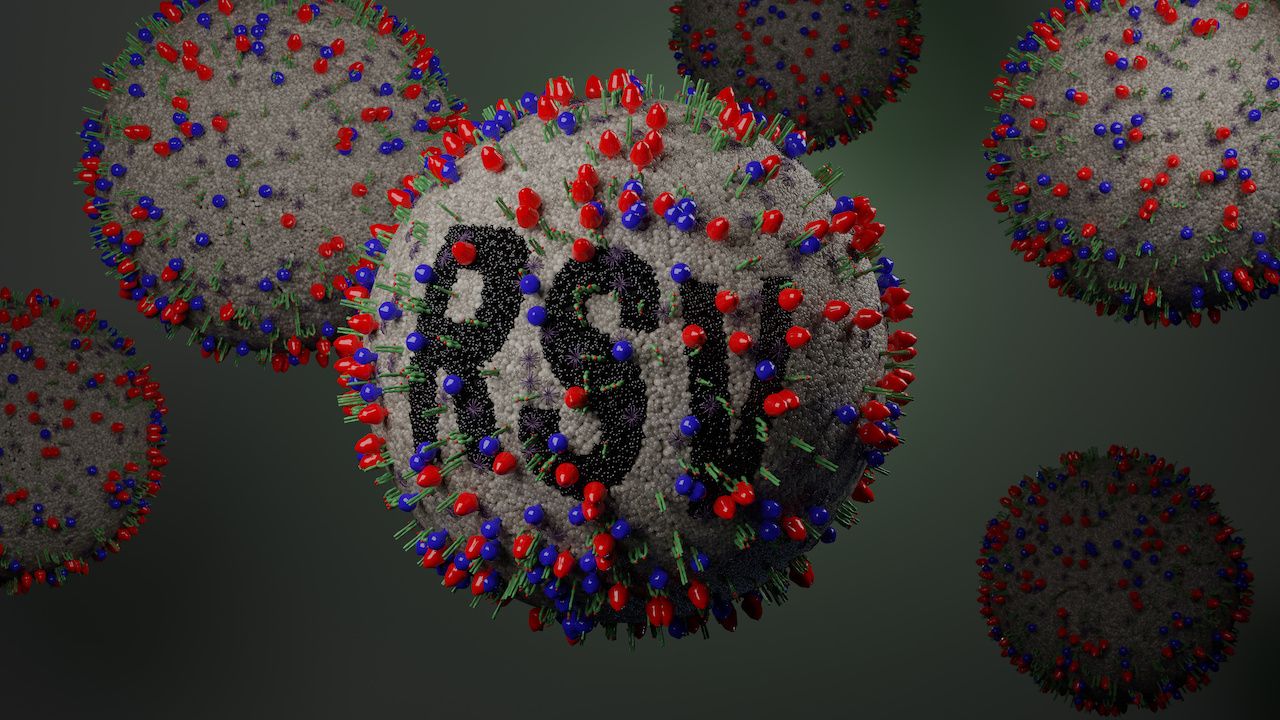- Center on Health Equity & Access
- Clinical
- Health Care Cost
- Health Care Delivery
- Insurance
- Policy
- Technology
- Value-Based Care
Raising Awareness About RSV in Older Adults
Former NBA star Magic Johnson has partnered with GSK to educate the public about this virus, specifically in seniors and those at high-risk for contracting a severe form of RSV.
This article originally appeared on our sister site ContagionLive®.
GSK has launched a national health education campaign titled, Sideline RSV, to educate the public about respiratory syncytial virus (RSV). The company has partnered with former NBA great, Earvin “Magic” Johnson, to be a spokesperson for the campaign. Not only is he well-known for being a great basketball player and public figure, Johnson has lived for more than 30 years with HIV. And at 63 years old, he is in the target demographic for those who need to be aware of RSV risks in seniors.
“My health is a top priority, yet like so many others, I was unaware that older adults are one of the highest risk groups for severe RSV infection, no matter how healthy they feel,” Johnson said in a statement. “Throughout my life, I’ve learned the importance of staying up-to-date on potential health risks that come with aging.”
The Sideline RSV campaign will include a website with a message from Johnson and information about RSV, social media content, and community-focused events. In addition to Sideline RSV, Johnson will appear in a variety of educational content to highlight the risks of RSV in older adults, including those with certain underlying conditions.
Image of RSV virus. Photo credit: Peter Hansen - stock.adobe.com

Although the virus can present in a milder form, seniors and adults with chronic heart and lung disease are at a greater risk for more severe RSV.1 Each year, approximately 177,000 adults 65 years of age and older are hospitalized due to RSV in the United States and an estimated 14,000 of those cases result in death.2 For adults 60 and older, some data suggest that there is an increased risk for severe RSV infection that can lead to hospitalization.3,4
GSK has developed an investigational RSV vaccine, RSVPreF3 +AS01E (Arexvy), that has been studied in individuals 60 years of age and older. Data from phase 3 trials showed that vaccine efficacy against severe RSV lower respiratory tract disease (RSV-LRTD), defined by at least 2 lower respiratory signs or otherwise assessed as severe, was 94.1%. Efficacy against first occurrence was 82.6%. Among participants with preexisting comorbidities, including cardiorespiratory or endocrinometabolic conditions, vaccine efficacy was 94.6%. For adults 70 to 79 years of age, vaccine efficacy was 93.8%. This observed vaccine effectiveness was consistent for both RSV-A and RSV-B subtypes, with respective efficacies of 84.6% and 80.9%.
In early March, GSK was invited to present its vaccine data before the FDA Vaccines and Related Biological Products Advisory Committee (VRBPAC). The advisory committee voted in favor of supporting the vaccine’s potential approval.
An FDA decision for the GSK RSV vaccine biologics license application is expected later this spring and could be 1 of 2 potential vaccines that are approved and indicated for prevention of RSV-LRTD in seniors this year.
References
1. Centers for Disease Control and Prevention (CDC). RSV in Older Adults and Adults with Chronic Medical Conditions. Updated October 28, 2022. Accessed March 24, 2023. https://www.cdc.gov/rsv/high-risk/older-adults.html
2. Falsey AR, et al. N Engl J Med 2005; 352:1749-1759 DOI: 10.1056/NEJMoa043951. Accessed March 2023.
3. Tseng HF, Sy LS, Ackerson B, et al. Severe morbidity and short- and mid- to long-term mortality in older adults hospitalized with respiratory syncytial virus infection. J Infect Dis. 2020;222(8):1298-1310. doi:10.1093/infdis/jiaa361. Accessed March 2023.
4. Belongia EA, King JP, Kieke BA, et al. Clinical features, severity, and incidence of RSV illness during 12 consecutive seasons in a community cohort of adults ≥60 years old. Open Forum Infect Dis. 2018;5(12):ofy316. doi:10.1093/ofid/ofy316. Accessed March 2023.
